It can be challenging, especially for non-gamers (like this human) to understand the gaming scene. Other than mentions of “Oi, DotA, oi” back when it was the game to play in 2006, my exposure to video games and the related esports is close to zero.
Fast forward nearly 15 years later, I find myself reading a fair bit about esports both via traditional and social media. I also remember watching this short advertisement on MTV that highlights the esports scene in Indonesia, which I thought was interesting, especially because the guys featured in the advertisement mentioned they were looking to change the perception of the general public on esports. Even then, there were no female/girl gamers featured in it.
Like it or not, I realised I couldn’t run away from the topic.
In fact, I never thought that I’d one day interview someone who is both an avid gamer and working in the esports industry. For that, I’ve to thank Adrian Lai, who is attached to the regional arm of a US-based gaming website.
- How did you discover esports? What got you interested in it?
I discovered esports at a time when it was still in its infancy in 2006 because of my love for DotA (Defence of the Ancients), which was, at the time, still a custom map in the game Warcraft III. I wanted to learn from the best players and discovered the existence of professional gamers who played for professional teams. Granted, the prize money offered during tournaments at the time was minuscule compared to the multi-million-dollar prize pots that we see today. But I loved the competitive aspect of esports and I, like many others my age at the time, harboured hopes to one day play for either an amateur or professional team. I yearned to not only compete but to also develop other skills like the ability to work with others and to lead, which I think proved very useful in my career years later. Besides playing in tournaments, I also loved organising them; from 2008 to 2011, I hosted several online DotA tournaments as well as physical events at cyber cafes. These days, however, most physical events take place at indoor stadiums or malls or esports arenas. That is the case in Malaysia, at least.
- How would you define esports? How is esports different from other types of online games or video games?
First of all, there is confusion over the difference between video games and esports. All esports titles are video games, but video games constitute only one part of esports. A video game can only be considered an esports title if it fulfills several criteria: firstly, it has to have a sizeable community who not only play the game but also root for teams or individuals who excel at it. Secondly, the video game must contain a competitive component that requires one team/individual to defeat another team or opponent. Thirdly, the game has to be entertaining, meaning gamers and non-gamers alike can appreciate it as a spectator sport. Don’t get me wrong; conventional video games like The Last Of Us 2 and Ghost of Tsushima are entertaining, too, but these were developed with the single-player experience in mind. But these days, it is easy to spot an esports title. The most common genres are MOBAs (multiplayer online battle arena) like Dota 2 and League of Legends, FPS (first-person shooters) like Counter-Strike: Global Offensive, Valorant and Overwatch, fighting games like Tekken and Street Fighter, sports games like FIFA and PES, and battle royales like PlayerUnknown’s Battlegrounds (PUBG), Fortnite, and Apex Legends. More often than not, video games that do not fit in these genres are not esports titles, regardless whether they are played offline or online.
- What’s the market like for esports in Malaysia? What about in the region (Southeast Asia), or other parts of the world (if you happen to know)?
In Malaysia, the biggest esports title by far was DotA, followed by Dota 2, which were both played on the PC. In the years that followed, however, mobile games like Mobile Legends: Bang Bang (MLBB) and PUBG Mobile have dethroned PC games in terms of revenue, demand and player base. There are many reasons for this transition, but chief among them is the affordability of mobile phones and mobile data. As I am not an expert on the subject, I think it is important for you to gain a better understanding by reading reports by market researchers Newzoo and Niko Partners, the latter of which can be read at: https://sea.ign.com/mobile/162553/news/mobile-gaming-reigns-supreme-in-malaysia-and-singapore-report-says
A similar trend can be observed in the rest of Southeast Asia, where mobile esports titles are the most dominant. However, it is worth noting that different mobile games are popular in different countries. For example, MLBB is popular in Malaysia but a similar MOBA game, Arena of Valor, is popular in Vietnam.
In other, more developed parts of the world like the United States or Europe, most gamers prefer playing video games/esports titles on PC or consoles simply because they have higher spending power and their infrastructure (Internet connectivity, for example) is more developed.
4. How would others react whenever you tell them you’re a gamer, who is at the same time, in the related esports industry? What about your friends? Out of curiosity, do you have girl/female gamer friends?
Frankly, almost everyone has been supportive because I’ve always surrounded myself with friends who share the same passion and interests. Even when I was a reporter, no one questioned my love for video games because I never once neglected my responsibilities. People need to understand it is entirely possible to play tons of video games and still excel at your profession. The people who understand the least about what I do are probably my elders and older relatives but the prevalence of video games and esports in mainstream media have helped raise awareness among the older generation. My mantra is simple and I love quoting George Bernard Shaw to exemplify my point: “We don’t stop playing because we grow old; we grow old because we stop playing”. And when you enjoy what you do, work becomes play. It just so happens that my work literally revolves around playing video games!
As for my friends who can truly appreciate video games and esports, working at IGN Southeast Asia is one of the best things anyone could ask for. The video games and esports industries will only keep growing, and the horizon looks very bright for anyone who is willing to work hard to succeed.
I have several female friends who play games, and one of them is actually my colleague. Another one holds a top position at a local esports arena, while others are content creators or video game streamers. Some are video game developers, while others are voice actors who voice video game characters. And the best example yet would be my own girlfriend, who owns hundreds of video games in her library.
- How often are competitions held (in Malaysia/in the region)? Have you participated in any? (if relevant)
There are esports tournaments both big and small held on a frequent basis. Due to the lack of an esports calendar, it is hard to keep track of what’s happening at any given time, but in a busy month, sometimes there are tournaments being held every week or every other week in Malaysia alone. I participated in small tournaments back in the day and never found much success. I currently play for my company’s MLBB team and we are currently competing in a league called The Corporates Season 2, which features 12 Malaysian companies including Petronas, Shell, Astro and others. This is by far the best and most fun part of my job apart from fulfilling my core duties at IGN!
- What about those events that you help organise? Anything interesting to share? What’s the response like?
The event I helped organise (providing editorial support, mostly) was a PUBG Mobile tournament called Squad Up. What was interesting was that despite the modest prize pool of RM20,000, the 256 slots we opened up during registration were filled within the first 17 hours. That shows the amount of interest and sheer size of the esports community in our country. It is also interesting to note that the event was supported by YouTube and sponsored by well-known brands like Samsung and McDonald’s. I am unable to divulge details but suffice to say the event was watched by a lot of people over the weekend. We are excited about the possibility of hosting Season 2 of Squad Up, so stay tuned for that!
Note: The Squad Up event/tournament was held 8-9 August 2020.

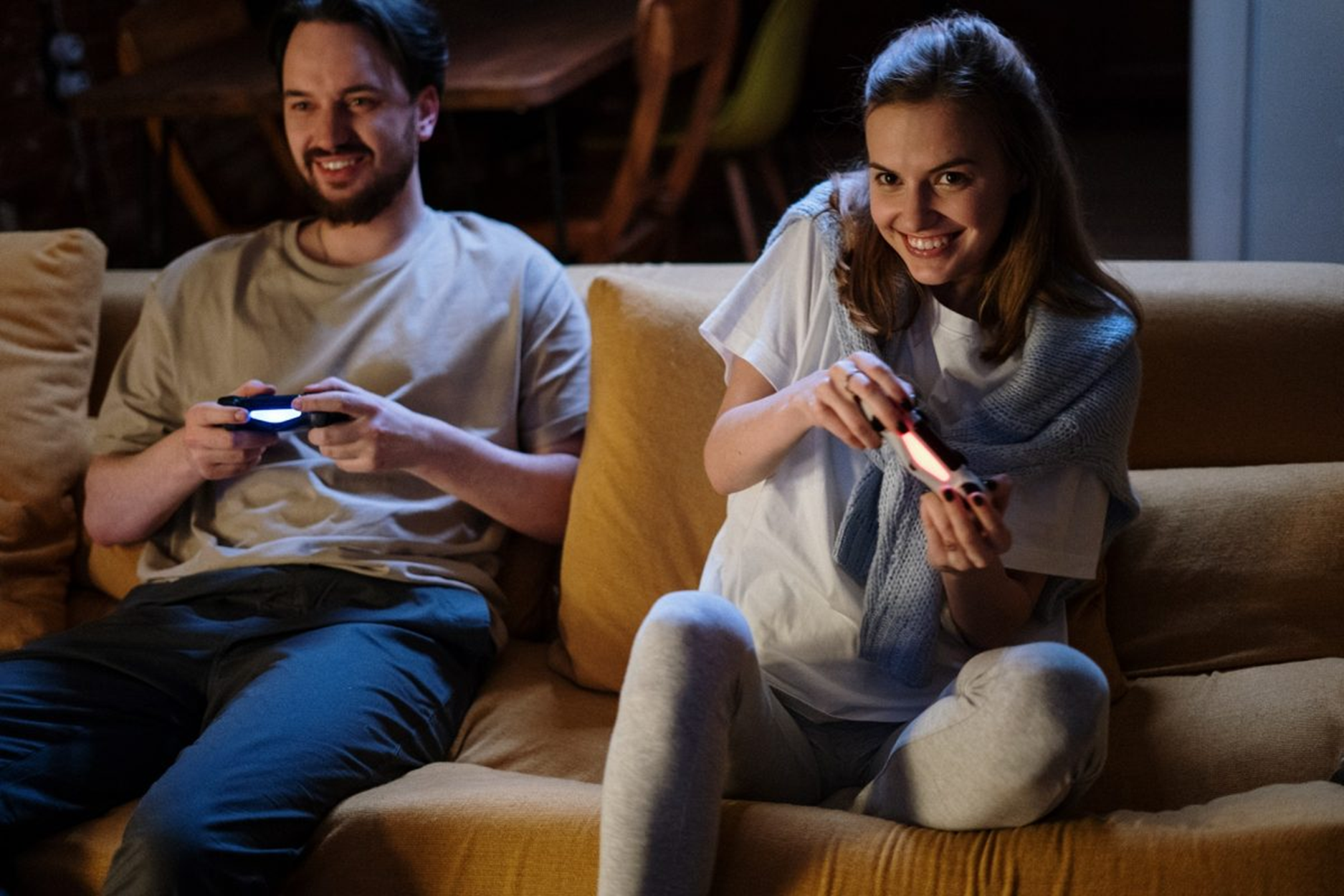



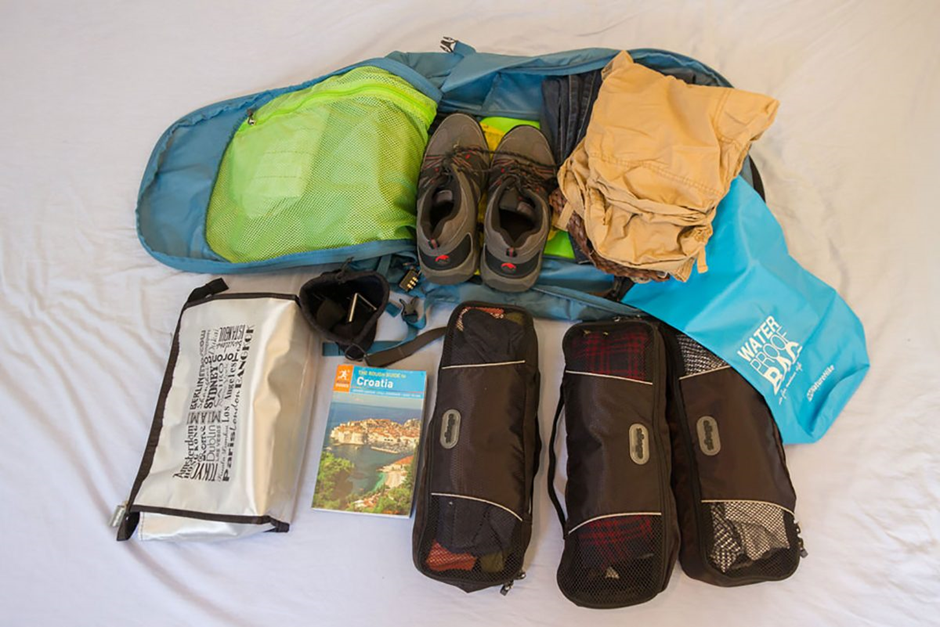
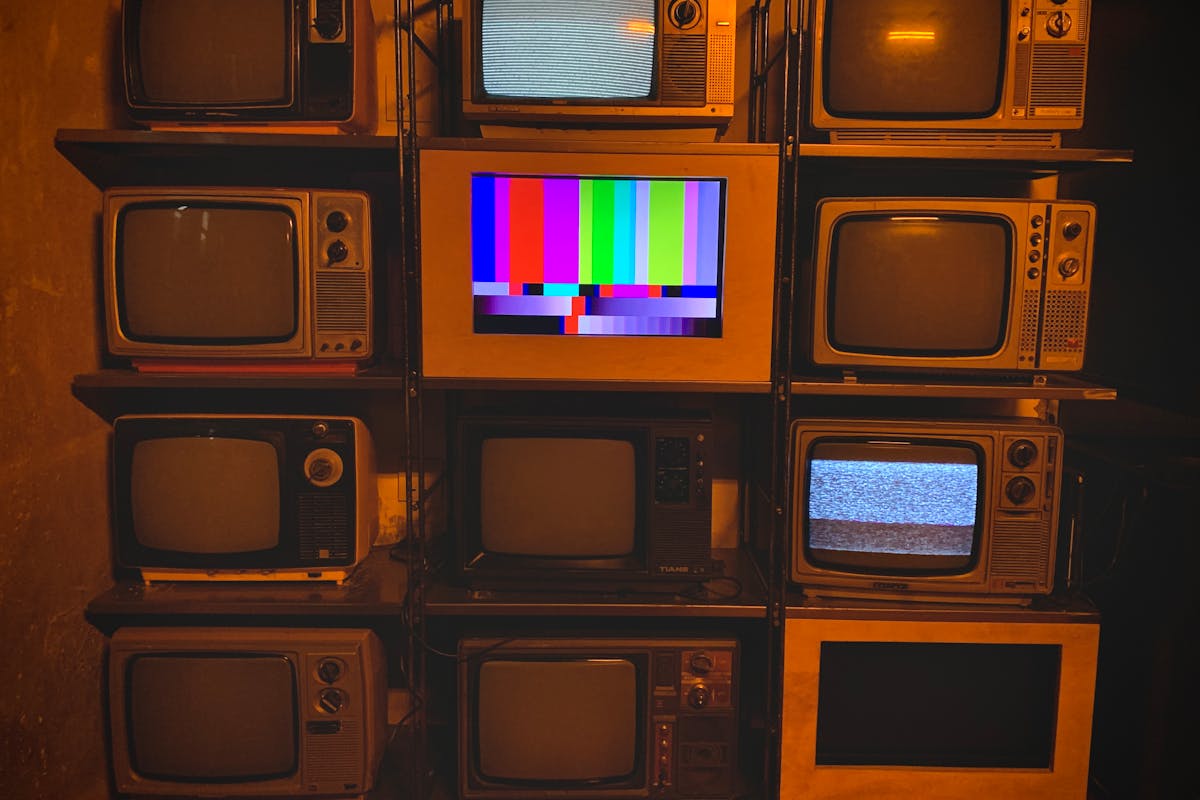
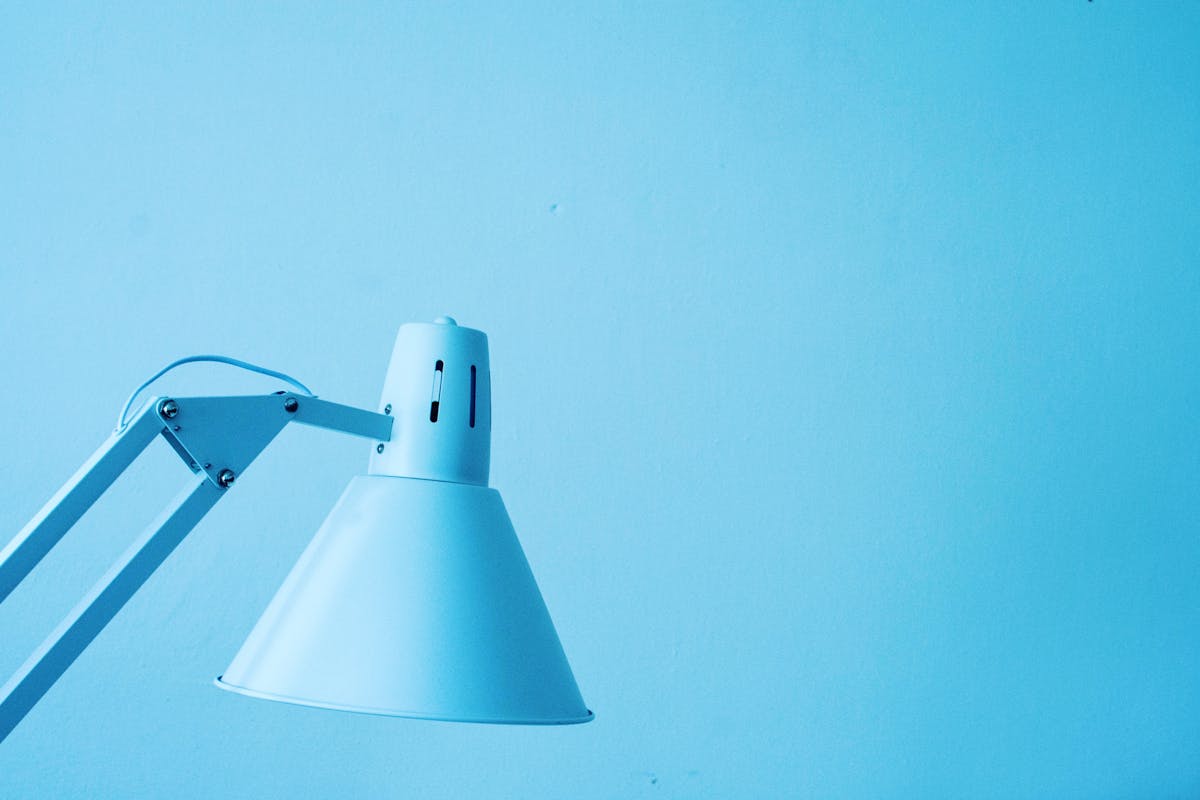
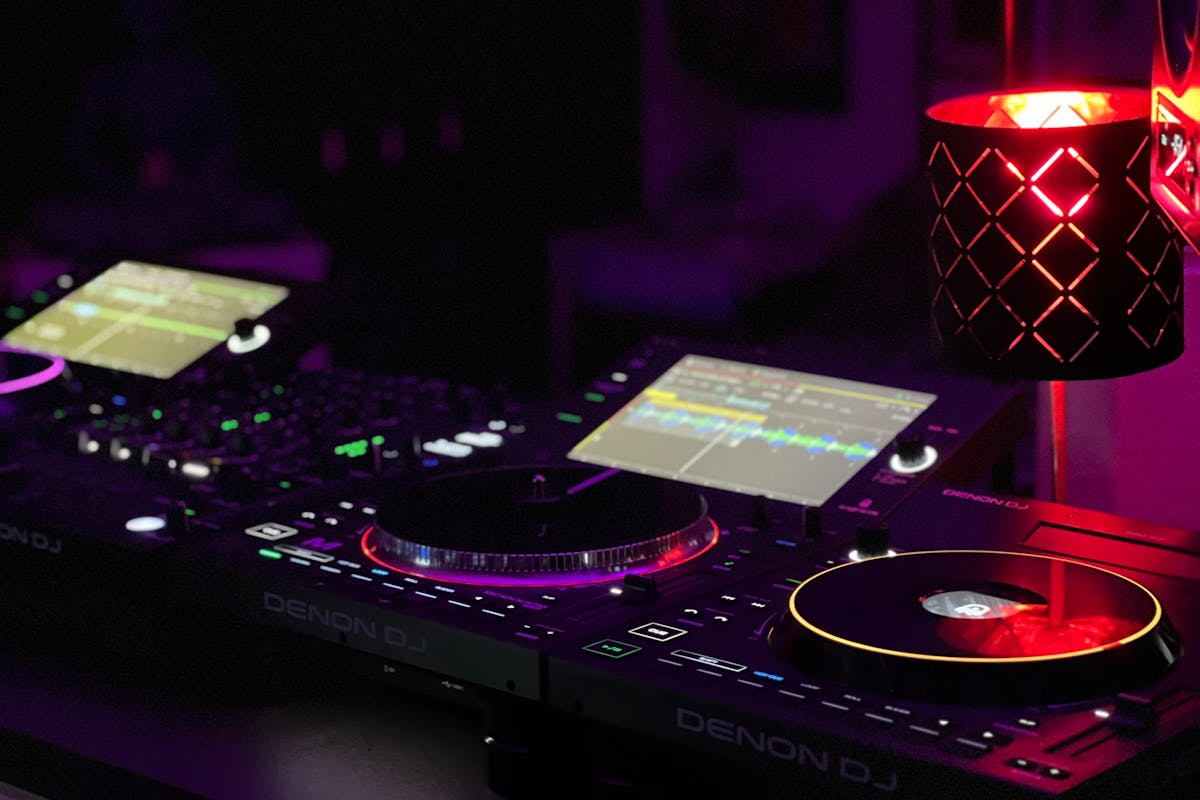
Showing 0 comments